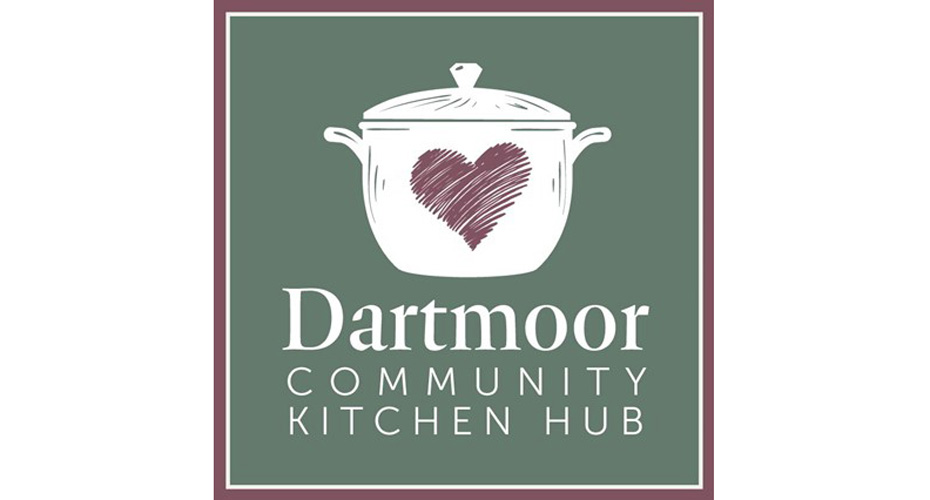Meals on Wheels
There is a high prevalence of under-nourishment and malnutrition in community-dwelling elderly people. This leads to frailty, loss of independence and poor health outcomes including increased mortality and use of health and social care resources.
Providing a highly nutritious meal per day is one mechanism to improve diet quality, but currently less than 50% of local councils in England provide hot meal delivery services.

Can meals on wheels improve nutrition and wellbeing?
We conducted a pilot and feasibility study, and found that 3 weeks of daily meal provision by the Dartmoor Community Kitchen Hub to healthy elderly participants living in the community significantly improved mini-nutritional assessment score and self-reported depression score.
We are now conducting a larger scale and longer duration study to determine whether daily provision of a highly nutritious meal (>40% daily energy requirements and >50% recommended daily intake for protein) for 12 weeks to under-nourished elderly men and women living independently in the community can improve physical, physiological and psychological outcomes.
Specifically, we will determine whether the programme improves diet quality, body composition, functional capacity and a range of psychological outcomes including depression status and self-esteem.
Project partners
This work is being carried out by Professor Jo Bowtell, Dr Mary O’Leary and Dr Lauren Struszczak and in partnership with Dartmoor Community Kitchen Hub, Torbay NHS Foundation Trust (Dr Irene McClelland) and University of Plymouth (Prof Mary Hickson).
It is funded by the Torbay Medical Research Foundation, the Hadley Trust, Feeding Britain and Devon County Council.



